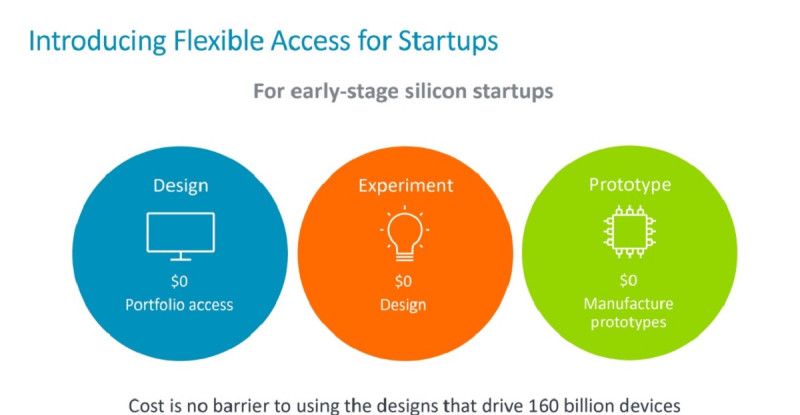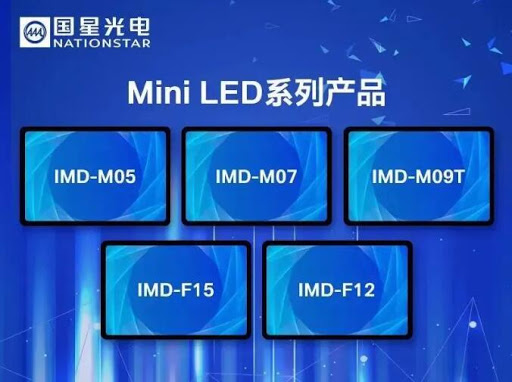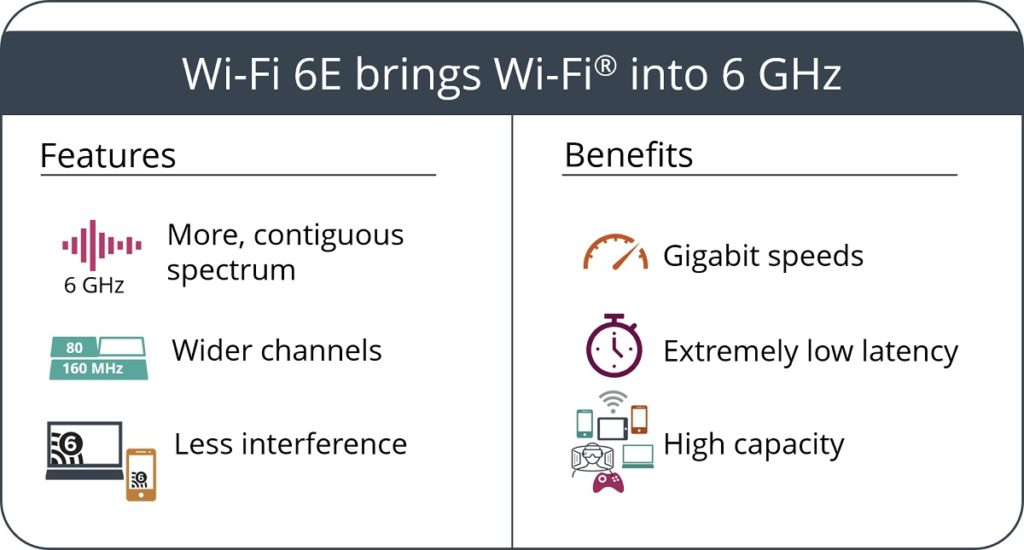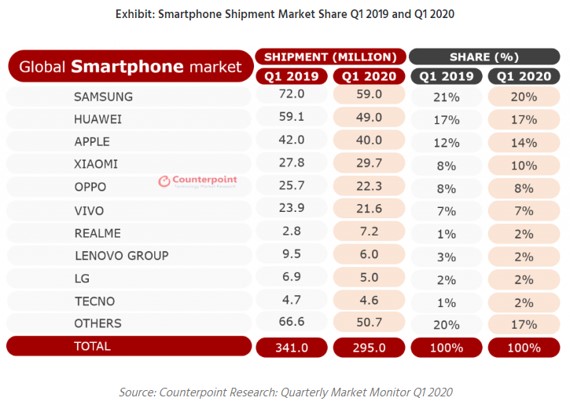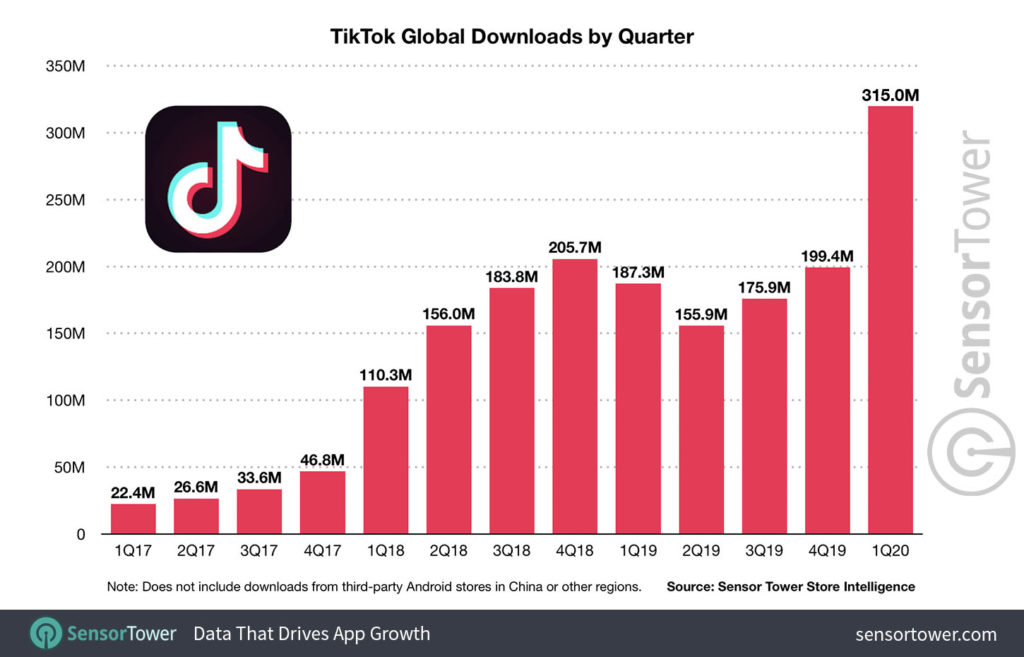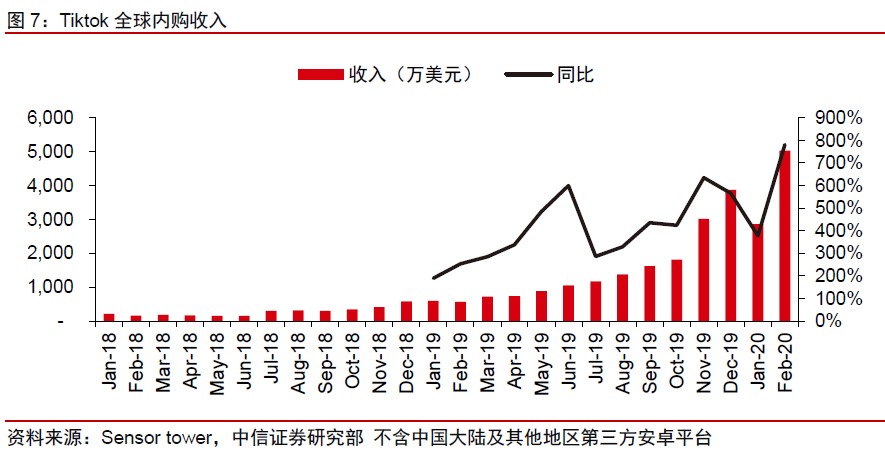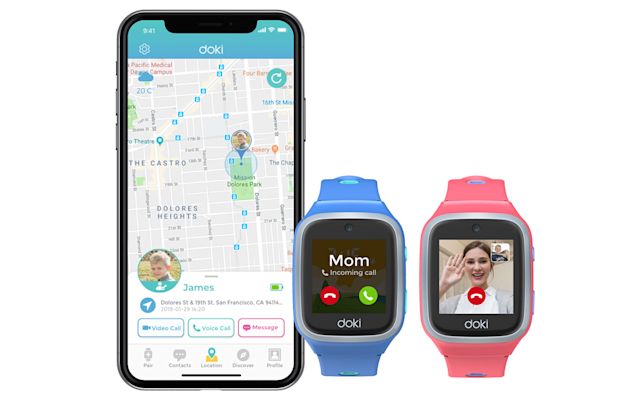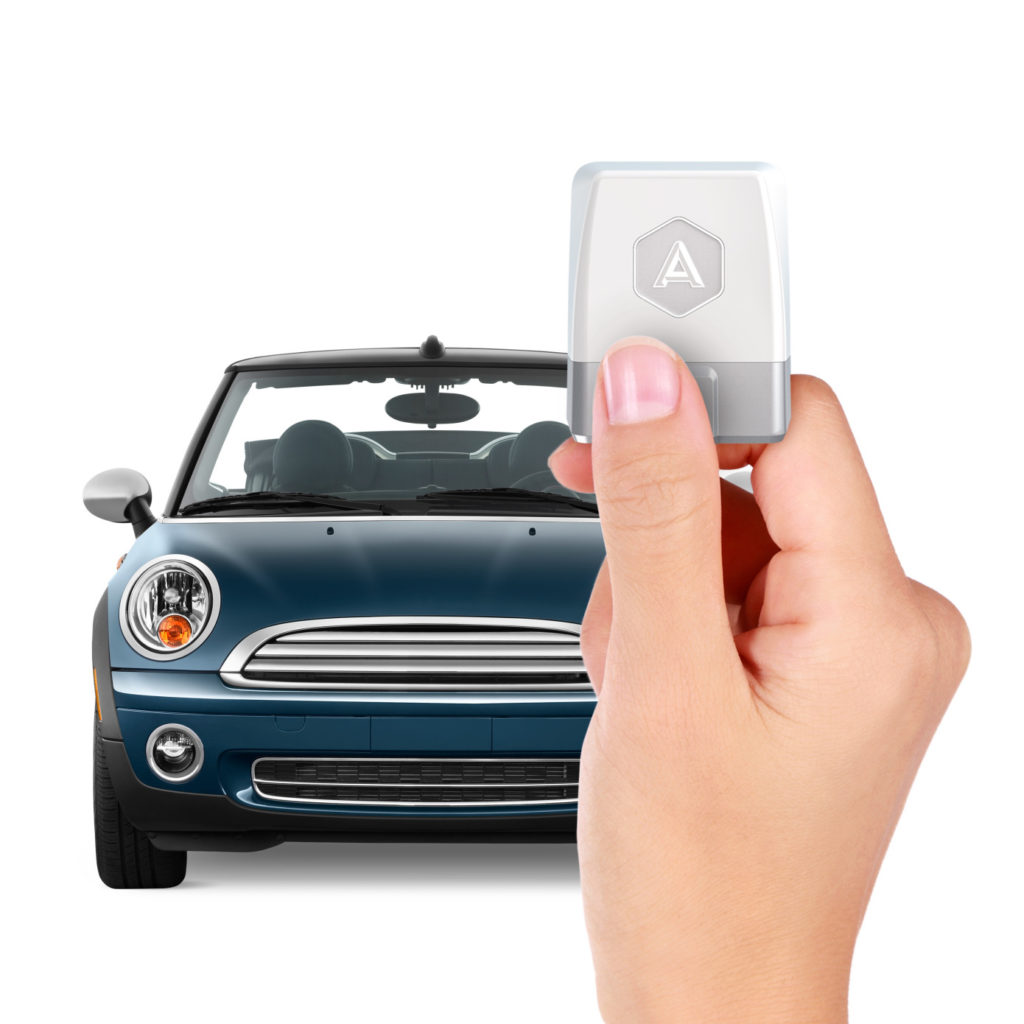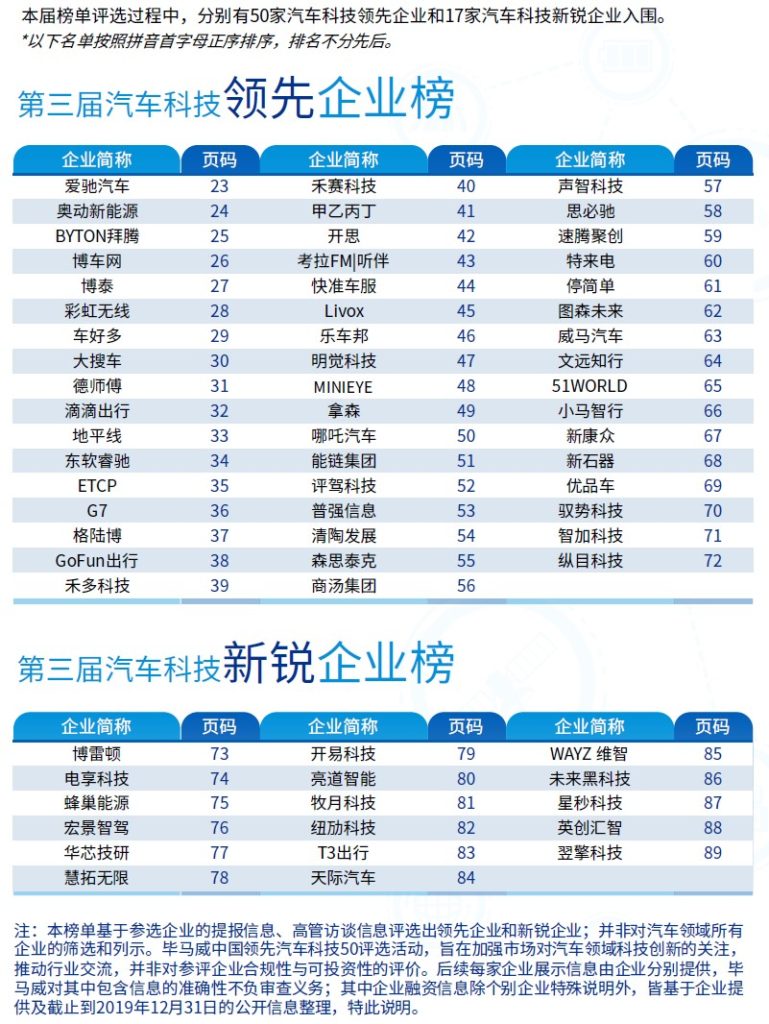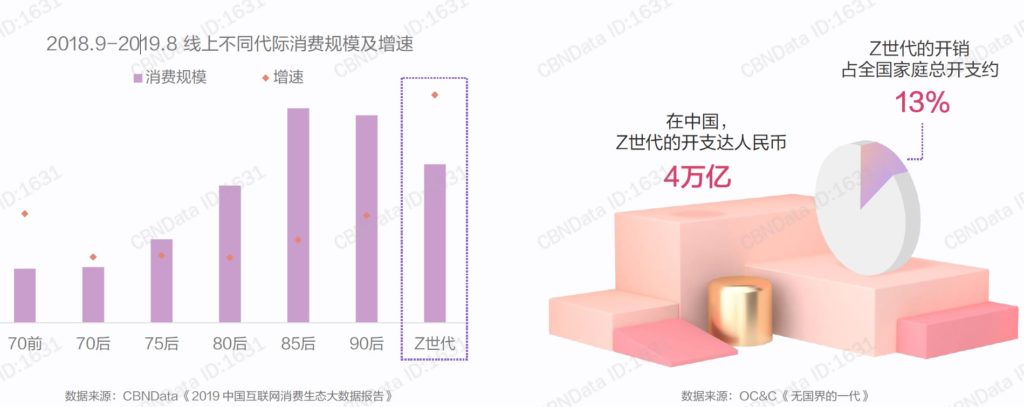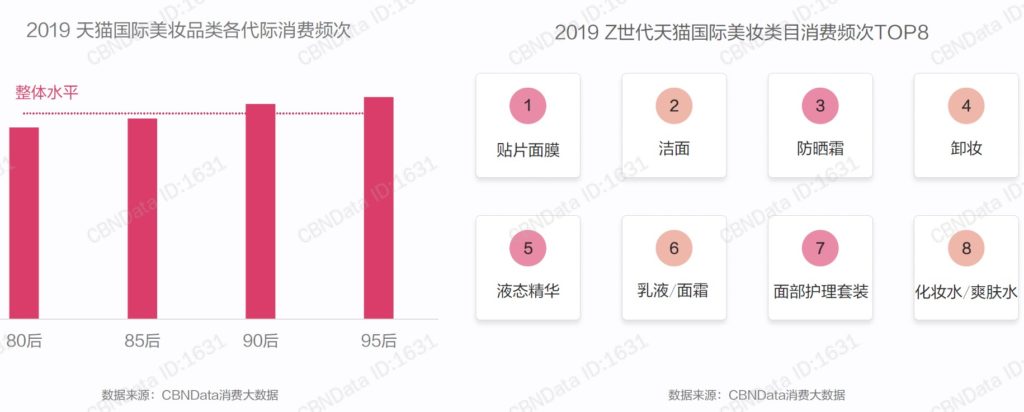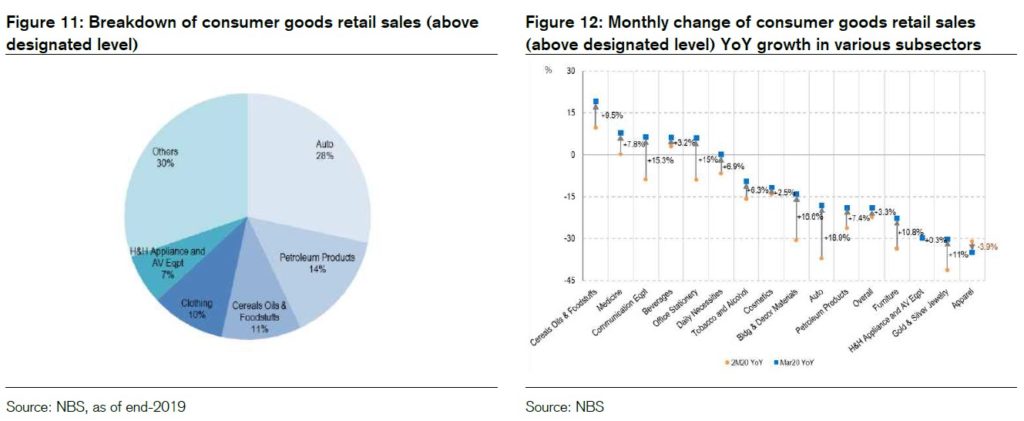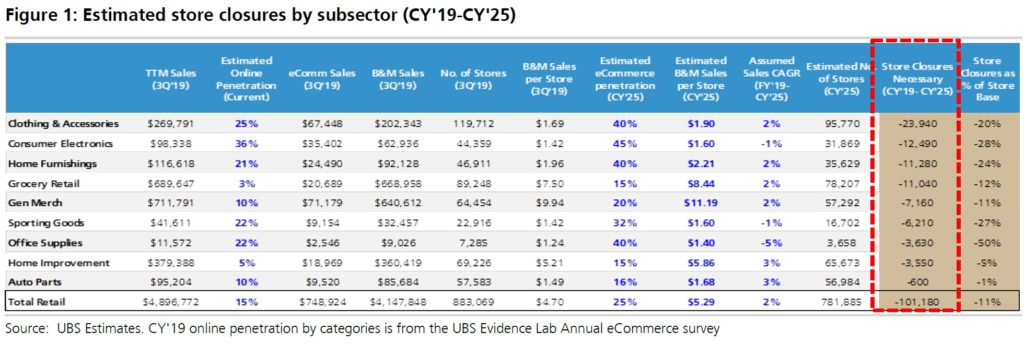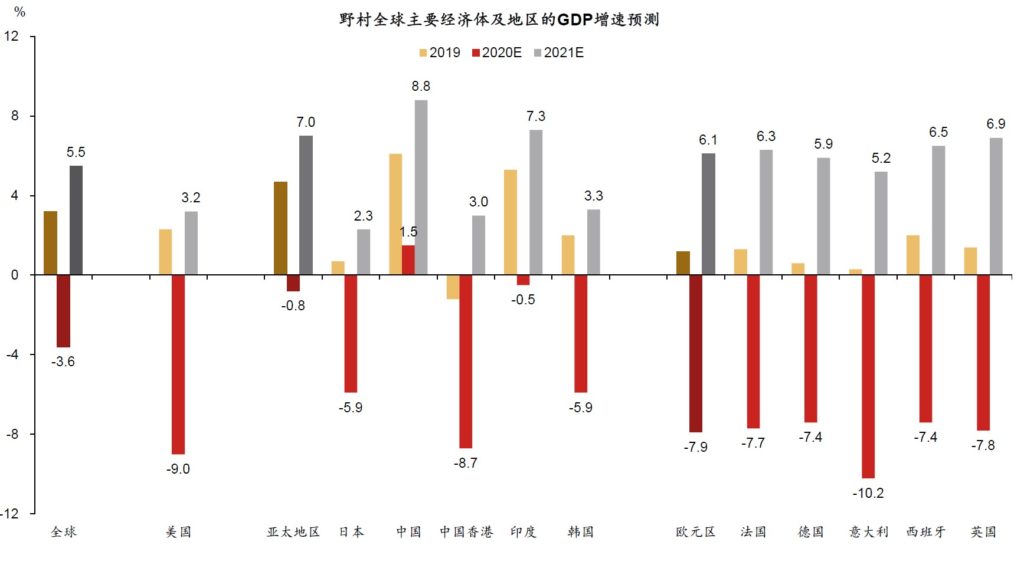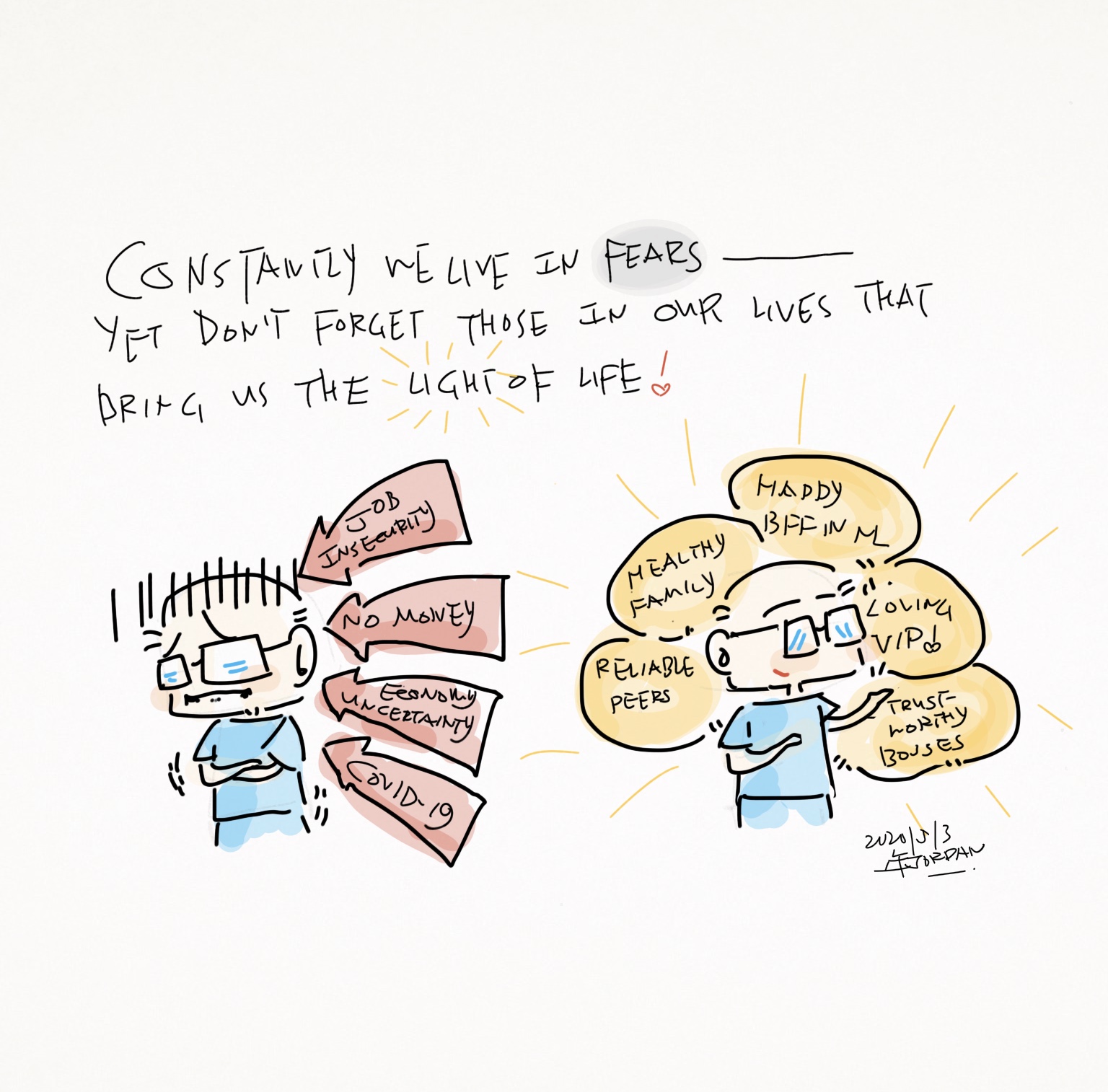
5-3 #LightofLife: ARM it will be providing various silicon startups with zero cost access to its most widely used chip designs; The Indian government has made it compulsory for even private sector employees to download the COVID-19 contact-tracing app; etc.
Chipsets
ARM has recently announced that it will be providing various silicon startups with zero cost access to its most widely used chip designs. ARM Flexible Access for Startups offers no-cost access to the company’s intellectual property portfolio, tools, and training, along with full support for early experimentation, design, and prototype silicon. The company is also partnering up with Silicon Catalyst, who is a specialist in silicon startups, to offer members free access to all of ARM’s IPs, design tools, and other prototypes. (Gizmo China, VentureBeat, My Drivers)
Touch Display
GVO has stated that the major LED packaging companies and chip factories in 1Q20 are actively deploying Mini LEDs. The COVID-19 has affected Mini LED shipments. It is expected that Mini LED will gradually enter a period of rapid growth after the epidemic. GVO has pointed out that in Apr 2020, the demand for some of the company’s product orders is good. The Mini LED IMD-M09T is in mass production, and the IMD-M05 with a smaller pitch has been launched. The entire series has covered P0.9, P0.7, P0.5; at the same time, the company has also launched Mini-LED backlight, smart home appliances. (Laoyaoba, ICzhiku)
As CPT Technology is in the stage of recovery, adjustment and transformation of various businesses, the company has suffered losses for 2 consecutive years, which also means that CPT will be face delisting risk warning. With the goal of “transformation and upgrading, quality and efficiency improvement”, it integrates module and panel business and takes Mantix’s panel as the traction to implement the strategy of “large panel + small module”. (Yahoo, Laoyaoba, FPDisplay)
Camera
vivo has patented a slider design for smartphones to eliminate the need for a punch-hole, pop-up, or notch to house the selfie camera. (GizChina, 91Mobiles, Sina)
Connectivity
The Federal Communications Commission (FCC) has ratified unlicensed use of the 6GHz radio frequency spectrum in the USA, opening the door for the use of the Wi-Fi 6E standard. This new unlicensed spectrum will predominantly be used by future Wi-Fi 6E devices, but carriers may also use it to boost their 5G networks. Wi-Fi 6E is Wi-Fi 6 (also known as 802.11ax or AX Wi-Fi) but operating in the 6GHz spectrum. (Android Authority, FCC)
Phone
According to CINNO, in 1Q20, the sales of smartphones in the China domestic market are only about 50M units due to the COVID-19, a significant decrease of 44.5% year-on-year. The top 3 vendors in 1Q20 are Huawei (including Honor), OPPO (including realme), vivo (including iQOO), and their shipments account for 75.2% of the domestic smartphone market. (CINNO, CN Beta)
According to Counterpoint Research, the global smartphone market declined the fastest ever, -13% YoY, during 1Q20. The 5G smartphone shipment share increased to 8% in 1Q20 from 1% in 4Q19. Xiaomi (7% YoY), and realme (157% YoY) are the only major brands to achieve growth. Apple remained resilient even during the COVID-19 as iPhone shipments declined only 5% YoY 1Q20. (Counterpoint Research, Phone Arena)
The Indian government has made it compulsory for even private sector employees to download the COVID-19 contact-tracing app Aarogya Setu and placed the responsibility on the “head of the respective organizations” to ensure all employees have it. The government has mandated that residents in containment zones – demarcated within red (hotspots) and orange zones by state and district administrations – must also download the app. (Engadget, India Times, Neowin, Live Mint, Sina)
Social video app TikTok from ByteDance has been downloaded more than 2B times globally on the App Store and Google Play, according to Sensor Tower Store Intelligence estimates. In 1Q20, it has generated the most downloads for any app ever in a quarter, accumulating more than 315M installs across the App Store and Google Play. (TechCrunch, Sensor Tower, 36Kr, My Drivers)
According to CITIC Securities, the in-app purchase income of Tiktok comes from live broadcast rewards, and the commercialization path is relatively clear. Since 4Q19, Tiktok’s in-app purchase income has shown a rapid growth trend, hitting a new high of USD50.4M (+781%) in Feb 2020. In terms of composition, 31% of live broadcast revenue comes from overseas regions (full year 2019). In Feb 2020, overseas factors were excluded in a single month (9% share). Domestic live broadcast revenue for the month exceeded USD46M, an increase of more than 6 times. (CITIC Securities report)
Wearables
Fitbit will reportedly launch a kids smartwatch with 4G connectivity later 2020. The company has acquired Hong Kong startup Doki Technologies, which made the world’s first kids smartwatch with video calling. (CN Beta, 9to5Google, Engadget)
Augmented / Virtual Reality
Valve has announced that SteamVR will no longer support Apple’s macOS, although older frameworks are still available in beta form. The company has indicated that SteamVR has ended OSX support so they can focus on Windows and Linux. (TechCrunch, Steam, Apple Insider, IT Home)
Automotive
Automatic, makers of a connected car dongle, has announced that the company will shut down all operations 28 May 2020 due to the COVID-19 impact. That includes crash alerts, location sharing and roadside assistance. (TechCrunch, Automatic, Sohu)
The selection of KPMG’s 3rd China Automotive Technology List, includes 50 leading automotive technology companies and 17 emerging automotive technology companies were shortlisted. (KPMG report)
E-Commerce
According to CBNData & Tmall International, as young generation Z gradually enters the society, the business opportunities surrounding generation Z continue to emerge. As a new consumer group, generation Z’s consumption ability is not inferior. Generation Z has become the hottest next-generation with most consumption power. (CBNData report)
According to CBNData & Tmall International, Gen Z has a more active consumption attitude for makeup and skin care. Daily skin care is the first step in Gen Z ’s pursuit. There is a high-frequency consumption demand for basic care products such as masks, cleansers, and makeup removers. (CBNData report)
E-commerce space has seen a strong recovery in Mar 2020, with MAUs on all major platforms exceeding Dec-2019’s level amid an impressive rebound in parcel volume growth. Delivery user traffic is now back to 75%-80% of the pre-outbreak level, with order demand expected to fully recover by May 2020. State Postal Bureau reported parcel volume growth of 23% YoY in Mar 2020, a strong rebound from the 10% decline in 2M20. It is worth mentioning that the online retail sales of consumer goods increased by 5.9% YoY in 1Q20, compared with 3.3% YoY in 2M20, reflecting the secular trend of consumer behavior in a shift from offline to online. (Credit Suisse report)
UBS believes the gap between the well positioned retailers and the rest is likely to expand. This will occur as the retail landscape continues to consolidate. UBS examines the outlook and lays out their base case where they expect ~100k stores will close by 2025. This would bring the total number of retail stores to 782k from 883k in 2019. Store rationalization will occur as online penetration increases. UBS believes COVID-19 will accelerate this trend. Their base case assumes that online penetration rises to 25% by 2025 from 15% in 2019. (UBS report)
Fintech
The Digital Currency Research Institute, a unit of the People’s Bank of China (PBOC) that is overseeing development of a new sovereign digital currency, entered into a cooperation agreement with SenseTime to pool their research and foster innovative new applications under a joint effort to deploy AI advances across the country’s financial sector. (Laoyaoba, CSIA, Sohu, SCMP, Coin Telegraph)
Economy
The COVID-19 will impact Asia’s GDP growth rate from 5.3% in 2019 to -0.2% in 2020. 8 of the top 10 economies will experience economic recession. Affected by domestic closures and weakened external demand, Asia’s economic growth in 2Q20 may decline sharply. After being trapped by unemployment and declining corporate profits in 1H20, the economic recovery in 2H20 will gradually appear. China expects 2Q20 GDP growth to remain negative (-0.5% year-on-year), the government will soon launch a large-scale stimulus plan. (Nomura report)
